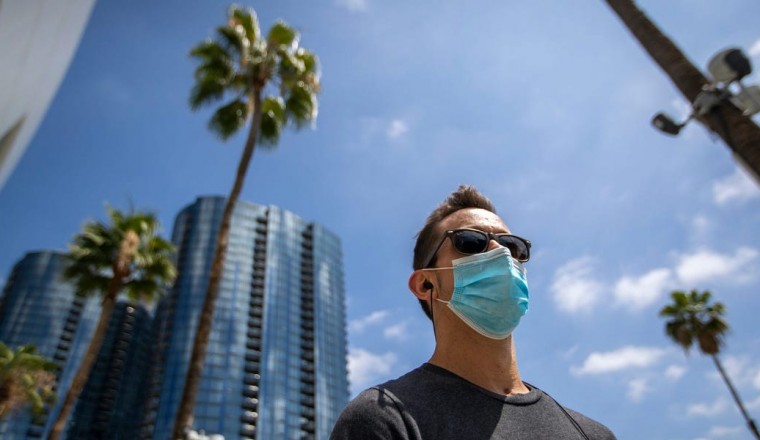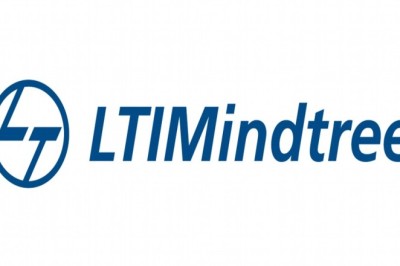
A leading-edge research firm focused on digital transformation.
Three coronavirus vaccines — from Pfizer-BioNTech, Moderna, and Oxford-AstraZeneca — have been approved in either the US, the UK, or both. While getting the vaccines to people who need it most is a major step in the right direction, it doesn't mean the pandemic is over.
Precautions like wearing masks and social distancing will continue to be necessary until the majority of people worldwide have been vaccinated and we know more about how the shot works in the long term.
"I think people's perception is you get the vaccine and you're safe and finally we can stop all this masking and social distancing and stuff, but that's not actually reality," Debra Goff, an infectious-disease pharmacist and professor at the Ohio State University, told Insider's Anna Medaris Miller.
The reality is we don't yet know whether the vaccine protects people from contracting and spreading COVID-19 or if it just keeps them from getting noticeably ill. What's more, even if the vaccine does protect you from getting the virus, it won't be fully effective until after the second dose — about a month after the first shot.
So, in the meantime, "for the good of your fellow mankind, you need to continue to wear that mask," and maintain physical distance from others, Goff said.
The COVID-19 vaccines contain tiny pieces of genetic material meant to teach your immune system how to fight off the coronavirus. These bits of messenger RNA can't get you sick with COVID-19, but it takes some time for them to do their job.
The Pfizer vaccine, for instance, is only 52% effective at preventing COVID-19 after the first dose. The second shot, when administered three weeks later, brings that number up to 95%.
It's possible to contract COVID-19 during the period between the first and second shot. In fact, a California nurse reported testing positive for COVID-19 the day after Christmas — just over a week after he got his first shot of the vaccine.
Doctors said this scenario was bound to happen eventually, since people don't even begin to develop antibodies until 10-14 days after getting the first shot. During the stretch of time between doses, it's vital to wear a mask to protect yourself and others.
Most Americans will have to wait until May to get their shots — and that's a fairly conservative estimate. While priority groups such as healthcare workers, the elderly, and people with preexisting conditions will slowly gain access to the vaccine throughout the winter and spring, it won't be widely available to whoever wants it until the summer, Hilary Brueck and Aria Bendix previously reported for Insider.
And that's just the US timeline. The pandemic won't be officially over until the whole world has access to the vaccine, Dr. Anthony Fauci and Bill Gates said on a podcast in November.
"If we have the disease elsewhere in the world, it's not clear to me we can go back and do big sports events or open up the bars because like Australia or South Korea, the risk of reinfection will be looming out there," Gates said on the podcast. "So as long as it's in the world, I'm not sure we'll be completely back to normal."
It's also possible that some vaccines may be more effective in some populations than others, Fauci added — and not all vaccine options will be close to 100% effective. Given the patchwork of coverage we're looking at, it's important to wear a mask and keep a distance from others until the majority of the population is immune to the coronavirus.
Source. https://www.businessinsider.com/you-should-wear-mask-long-after-your-covid-19-vaccine-2020-12?amp



















Facebook Conversations
Disqus Conversations